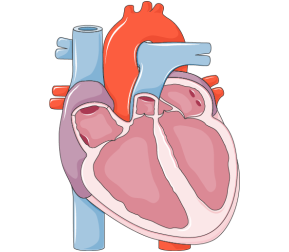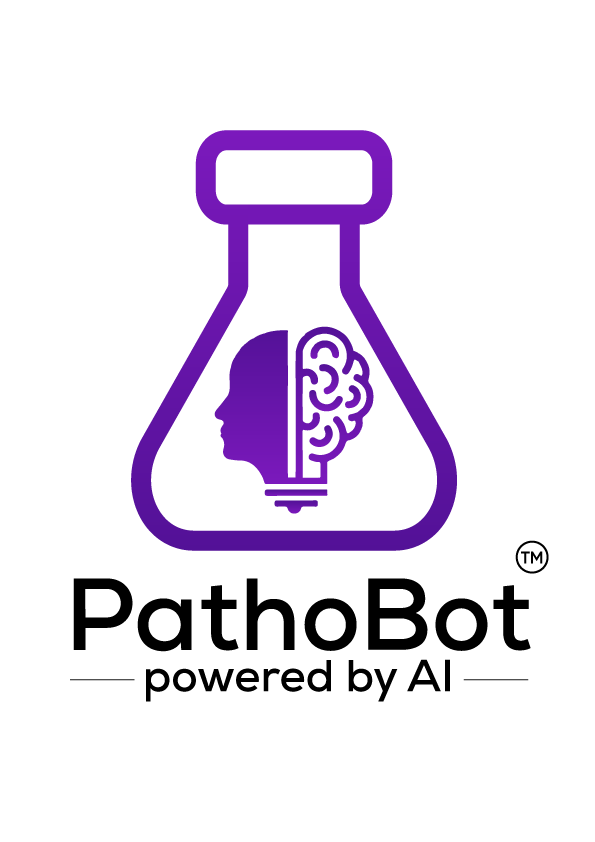Know About Heart Disease
-
- Heart disease refers to a range of conditions that affect the heart’s ability to function properly. Some common types of heart disease include coronary artery disease, heart attack, heart failure, and arrhythmias.
Symptoms of heart disease can vary depending on the specific type and severity of the condition. Some common symptoms include:
-
- Chest pain or discomfort, which may feel like a pressure or squeezing sensation
-
- Shortness of breath, especially during physical activity or when lying down
-
- Rapid or irregular heartbeat
-
- Weakness or fatigue
-
- Swelling in the feet, ankles, or legs
-
- Nausea or vomiting
- Light headedness or fainting

There are several types of heart disease, each with its own set of symptoms. Here is a brief overview of some common types of heart disease:
-
- Coronary artery disease (CAD) – This is the most common type of heart disease and occurs when the coronary arteries become narrowed or blocked, reducing blood flow to the heart muscle. Symptoms may include chest pain (angina), shortness of breath, and fatigue.
-
- Heart failure – This occurs when the heart is unable to pump enough blood to meet the body’s needs. Symptoms may include shortness of breath, fatigue, and swelling in the legs, ankles, and feet.
-
- Heart valve disease – This occurs when one or more of the heart valves do not function properly, preventing the flow of blood through the heart. Symptoms may include shortness of breath, chest pain, and fatigue.
-
- Cardiomyopathy – This is a disease of the heart muscle that can lead to heart failure. Symptoms may include shortness of breath, fatigue, and swelling in the legs, ankles, and feet.
-
- Atrial fibrillation – This is a type of arrhythmia (irregular heartbeat) that can lead to blood clots and stroke. Symptoms may include palpitations (a feeling of rapid or irregular heartbeats), shortness of breath, and dizziness.
